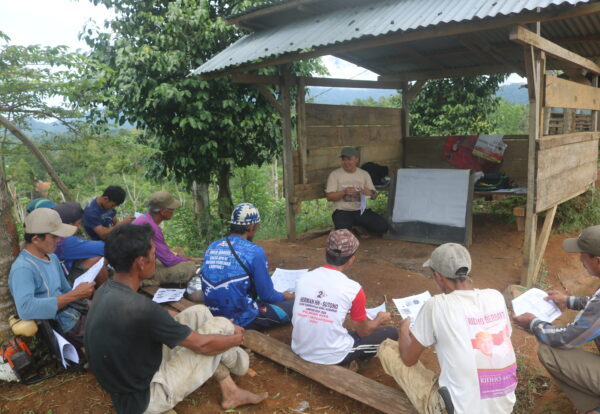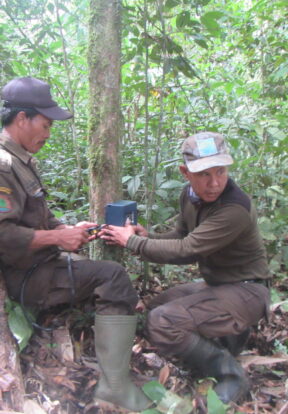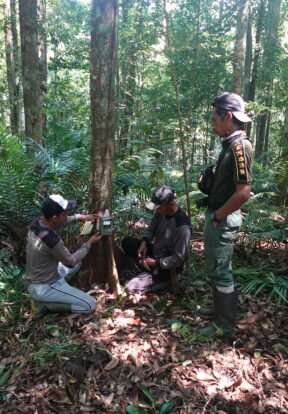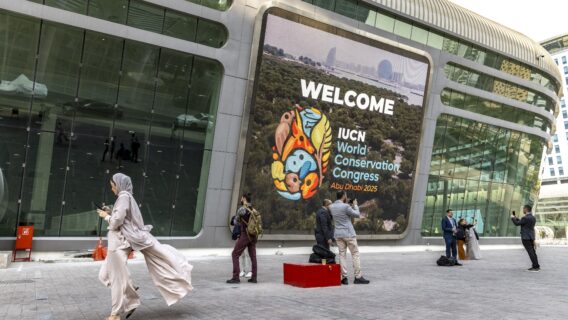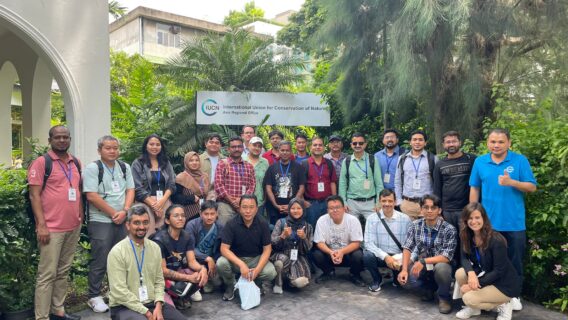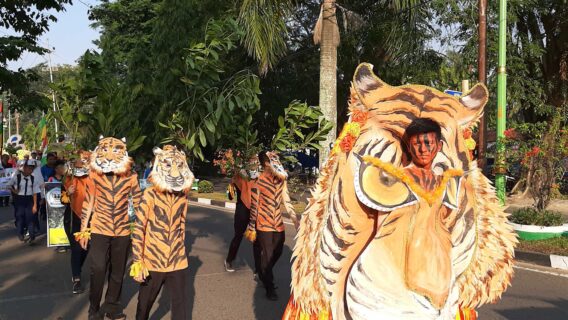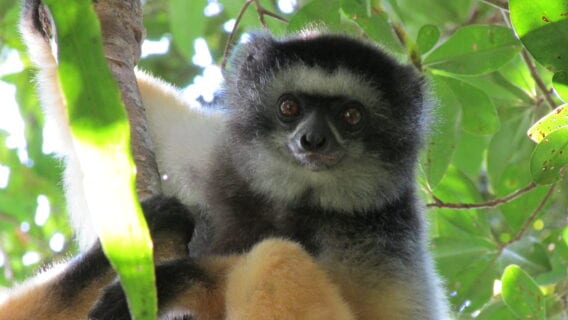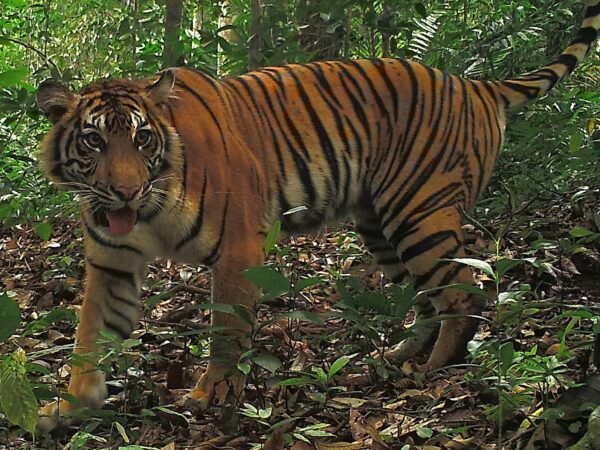
Scaling up an integrated conservation model for tigers and sustainable livelihoods in southern Sumatra
Project description
This project aims to secure the long-term survival of the Sumatran tiger (Panthera tigris sumatrae) population within Bukit Barisan Selatan National Park (BBSNP), Sumatra, Indonesia. It focuses on maintaining a stable population across the Intensive Protection Zone (IPZ) and the park’s northern section (covering 176,046 ha) through strengthened park management, enhanced enforcement capacity, and close collaboration with surrounding communities — particularly 900 local coffee farmers in the buffer zone.
The project builds on years of collaboration with the BBSNP Authority to consolidate gains in tiger conservation while promoting sustainable coexistence between people and wildlife.
This project is implemented by the Wildlife Conservation Society (WCS) Indonesia.
Threats

Habitat loss & degradation

Human-wildlife conflict

Poaching
Project objectives
The project supports the BBSNP Authority in maintaining stable tiger populations and low deforestation rates, while fostering sustainable livelihoods among buffer zone communities. To achieve this, it applies a multi-intervention, landscape-scale approach structured around four key results:
- Strengthened park management and law enforcement: Enhance the capacity, procedures, and infrastructure of the BBSNP Authority through improved patrolling systems, targeted training, and effective management practices within the IPZ and expanded northern corridor.
- Sustainable livelihoods and habitat connectivity: Work with coffee-farming communities to promote agroforestry practices that improve habitat quality, strengthen ecological corridors, and increase and diversify household incomes.
- Human-wildlife coexistence: Reduce conflict risks and enhance community resilience as tiger populations stabilize, particularly in high-density areas, through awareness raising and conflict mitigation mechanisms.
- Monitoring, evaluation, and adaptive learning: Ensure robust monitoring of tiger populations, forest cover, community engagement, and project outcomes to inform adaptive management and share lessons learned across the landscape.
Project activities
- Support ongoing SMART patrol teams within the IPZ, led by Yayasan Badak Indonesia (Indonesian Rhino Foundation)and the Park Authority, ensuring continued appropriate levels of effort, standards, and training.
- Increase SMART patrol teams in North section of the park to replicate experiences of the IPZ, led by WCS and the Park Authority to involve greater levels of effort and training to ensure high standards.
- Increase participation by 300 farmers into Good Agricultural Practices (GAP) training (7 modules delivered over 1 year) that supports improved coffee farming practices and introduces agroforestry practices.
- Establish an Inter-Village Farmer Forum for knowledge exchange on coffee.
- Advocate for village leaders to incorporate conflict mitigation/coexistence responses into their Village Development Planning and District Development Planning to support conservation and livelihoods, in cooperation with the Repong Indonesia Foundation.
- Develop and implement an monitoring and evaluation (M&E) system for the safeguard instruments.

